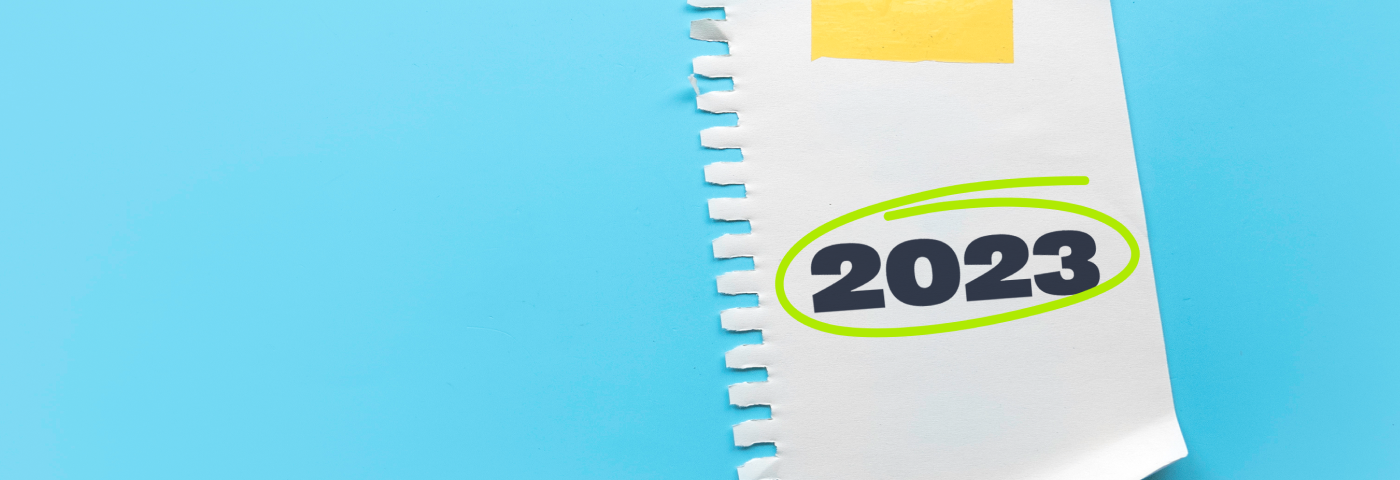Website Security: Ensure Safety While Reducing Costs
Creating a website incurs a lot of costs, two of which are security and hosting fees. Website hosting security has matured in recent years. Cross-contamination across multiple shared hosting accounts is no longer a major problem. Today, the major problem lies in how the website owner manages their server environment.
What is hosting?
Website hosting is a service provided by companies (web hosts) that sell or lease a space on a server where you store the files that make your website accessible on the internet. These companies typically require you to own a domain name, and may help you purchase one.
What is an SSL certificate?
An SSL certificate is a bit of code on your web server that provides security for online communications. When a web browser contacts your secured website, the SSL certificate enables an encrypted connection.
Who is targeted?
Attackers know that the weakest link is the end-user. Therefore, they focus on opportunistic, automated attacks against end-user managed resources such as plugins and extensions installed by the website owner. 90% of automated attacks target low hanging fruit. Typically these automated attacks include;
– Bots or scripts
– Artificial intelligence tools looking for weak credentials
– Wider ranging attack types
Who is held accountable?
Host companies must provide support to end-users once their websites have been hacked, blacklisted or attacked. Website companies know the pain when it comes to end-user security. Most website owners don’t want to go through the hassle of learning about the technical security implications of having a website and expect the host to take care of it.
Taking Ownership & Responsibility
If a website gets hacked, website owners want someone to deal with it quickly and efficiently at an affordable cost. They want a website that is fully secure and stays that way. They are not interested in technical acumen and resources. In terms of responsibility, there are mixed feelings about who it falls under.
How we do things at Think
We monitor our websites on a 24/7 basis using special tools. Our team does routine, non-automated checks to enhance your website’s security, which are carried out on a monthly basis. A log is kept of all checks and shall be presented in the form of a report. Additional security measures which we carry out entails the configuration of SSL Certificate. We use non-standard nominative accounts, wherein we lock down the admin page amongst other measures. We also install a web application firewall to increase your portal’s security. We also include a privacy policy link in the footer which addresses the website’s privacy policy and promises customer data is not shared with third parties.
We develop SSL-based websites which are hosted on two environments. One environment will be a staging environment which is used for look and feel purposes, navigation testing, general testing, upgrades, updates, security testing and user training. The other is a production environment which shall be live and accessible by the end users. Both environments will use a CI/CD (Continuous Integration & Continuous Delivery) pipeline where the code is hosted on a git repository and delivered to the right environment.
Conclusion
At Think, it’s our job to put our clients at ease and handle this for them. We offer clear and sustainable website security solutions to our ever-growing list of clientele who are trying to build their online presence.
Have any questions or concerns, please feel free to email us at info@think.mt




